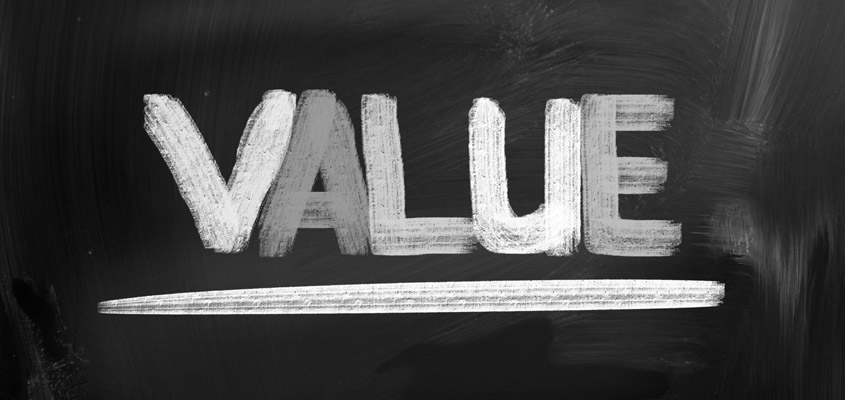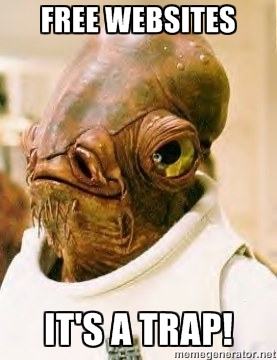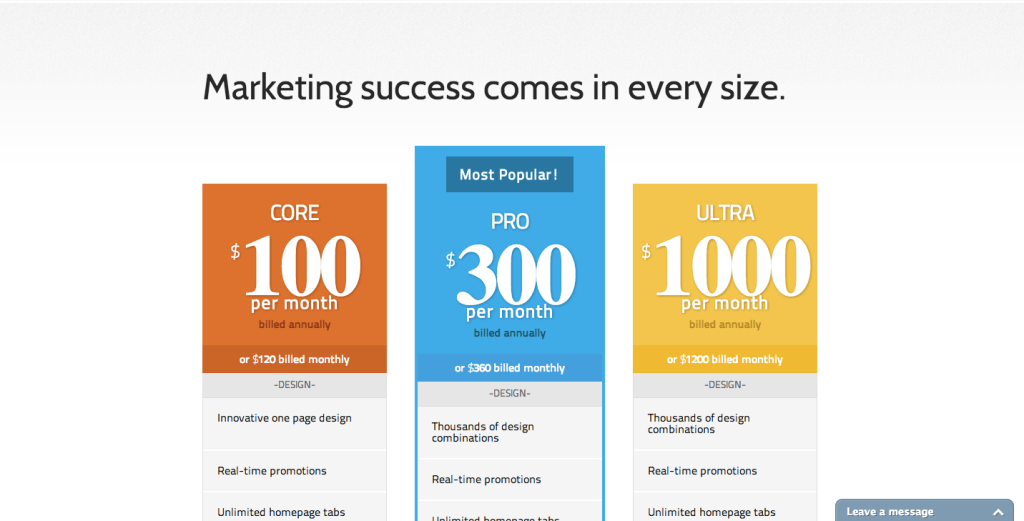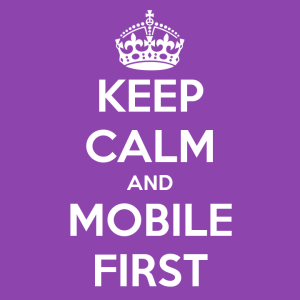Hotel website design, like any kind of design, is subjective. Nothing is more painful than a website design “discussion” where stakeholders talk for hours about colors, content and photos. For every extra person added to these meetings, more useless things get added and useful things get taken out. By the end of it, you have a website that is not usable for potential guests, which hurts your conversion rate and, more important, your revenue.
So in this post, let’s worry less about design and more about usability. To that end, here is a list of mistakes that can hurt your hotel website revenue, no matter how much you love your design.
1. Missing Address & Phone Number
You need to give website visitors your address and phone number right at the top of your home page. This is more important than your homepage slider, and even that oh so trendy moving video on loop that you recently added. Assuming that your phone number and location only matter on mobile is flawed thinking.
Sometimes people want to call you. When they are calling you, there’s a good chance they’re going to book with you. Before they book, they are very likely to search for information about your location. Travel research is still happening on larger screens. You have to make it easy for them to discover your exact location, and even easier to contact you.
Don’t bury this information in your footer. Would you wear your name tag on your shoe? Mike drop. Next.
2. Fluffy Homepage Taglines
Hotel websites are notorious for fluffy descriptive taglines. I am not sure where this trend started, but it really has to stop. Home page is prime real estate for you to talk about who you are, what you do, and where are you located. Marketing is not stuffing adjectives like “Extraordinaire, Award Winning, Blissful Abode, etc.” on your home page. Providing the right information up front will lead your visitors deeper into your website for discovery, and not on an expedition to try to find simple answers about who you are, where you are, and what you offer. You have a few seconds to keep a new visitor on your website. Let’s not use that time to bombard them with fluff.
3. Music (Can you not?)
This is a public service announcement: Please don’t put music on your website.
Anything (music, videos) that autoplays on a website is a conversion death trap. The majority of bookings happen Monday through Friday, 9am-5pm. People are at work…and nothing is more disastrous than suddenly having your office laptop broadcast the sounds of singing whales, crashing waves, or romantic piano music while you are trying to book your vacation. Especially while your boss is waiting on that TPS report.
4. Cannibalizing Your Own Traffic
I have written a massive article on this topic that you can read here. Obviously, not enough people have read it. Social media traffic is useful only when it’s pointing people inwards, into your website! I am always surprised to see social media exit signs all over hotel websites. Do you think anyone leaving your website to go to YouTube is ever coming back? I refer to it as the black hole of the Internet universe. All that effort you spent to get people to come to your website is wasted when you then lead them right out.
5. Poorly Embedded Videos
Videos can do wonders for your website engagement. I am always thrilled when a hotel website utilizes videos. YouTube is a great place to host videos that you can embed into your website. But beware one small setting that can wreak havoc: Suggested Videos. This totally defeats the purpose of having video embedded on your website, as people are now getting sucked directly from your site back into the Internet black hole of cat videos! What’s even worse than that? When your competitors’ hotel videos start showing up! Now that is really embarrassing.
So, when you are embedding YouTube videos on your website, make sure you follow these easy steps:
- Copy your video embed code.
- Select the “show more” option.
- Uncheck the “show suggested videos when the video finishes” box.
- Copy and paste the new code into your website.
6. Bad Photography
Photos make or break a hotel website. Still, a lot of hotels do not invest in photography at the level they should. I have seen some amazing website design themes ruined by bad photos. The importance of unique, high-quality photos is not limited to your website. They need to be used on every OTA that you work with. Instead of getting photos updated once in 5 or 10 years, organize a seasonal photo shoot to cover the full spectrum of your location and seasonality.
Sadly, there are countless hotel websites where I can instantly make out who made it thanks to the ubiquitousness of the marketing agency’s stock photos. From San Francisco to San Antonio, the same couple is having a great romantic dinner, day after day, year after year. Another couple is enjoying the generic beach in San Diego, and Miami, and South Carolina. You get the drift.
7. Press Releases
Some find it hard to believe, and even find this notion offensive, but I’ll say it anyway: a press release is not real content. Let me elaborate. A press release does not fall into any real content category people are using these days. Current news can be found on Twitter or an actual news website. Topical discussions and viewpoints are offered in blogs and podcasts. Having a press release page on your website does not help educate your audience. You need to convert that information into useful content potential visitors can use. A beautiful press kit available for download will run circles around any effort and money spent on press releases. News about renovations, re-branding, new food and beverage outlets, etc., needs to be broadcast live on your hotel blog.
8. The Dreaded Restaurant & Spa Menu PDF
Larger resort websites are top offenders when it comes to this. PDFs are awful when it comes to usability. First there is the download time and resolution issues that occur on mobile devices, combined with the need to “select” the right app to open them. PDFs are just a bad idea. I just want to see if I can get a salad! It shouldn’t require so much effort, and then become a permanent file on my phone.
HTML it instead! Let people view information without fixed borders. They are great for printing, but who is even printing anything these days? You can always offer a “printable” option for laptop users, but it cannot and should not be the only way to access information on your website.
9. One Call to Action
With the heavy emphasis on booking direct, it seems like every website has become a big “BOOK NOW AND SAVE” destination. You website needs to be a part of the larger travel booking conversation. If the only thing you are yelling is “BOOK NOW!” you are not distinguishing yourself from the hundreds of other websites that are doing the exact same thing. You have to do better.
Diversify your calls to action. Ask visitors to interact with you in other ways. Maybe your guest is still researching their options, trying to understand your location and value proposition. Make it easy for them to contact you by requiring very limited information in your contact form. “Give us your name and email, and we’ll get right back to you.” Help with the journey first, and the odds of them booking with you go up tremendously.
Pro Tip: The number of questions asked in a contact form is inversely proportional to the number of people who will fill out that form and convert.
10. Bad Booking Engines
Booking engines deserve their own very special usability article, which I will get to in the near future. For now, know this: For your guest, the booking engine is a part of your website. They do not know or care that you are renting this cart from a provider that has been making booking engines since 1989, or from a guy in his garage in Seattle. When you confuse your visitors with a bad booking experience, you are doing two things:
- Tanking all the marketing budget you spent to drive this person to your website
- Training them not to waste time with you, and instead use an Online Travel Agent that lets them book a room more efficiently
Your website is your storefront. There is NO point to having all the great photography, content, ambience, and offerings…and then a broken cash register at the end of the experience.
Conclusion
Yes, make a beautiful website! It should be modern, aesthetically pleasing, inviting, and show off your property. But also remember to avoid the pitfalls I have highlighted above. Start making your website perform better. It’s hard to remember that these small things can matter more than the expensive design things, but do not give in to marketing peer pressure. Usability beats trends. Make sure your most profitable revenue channel is more than just a pretty face. Stay Woke.

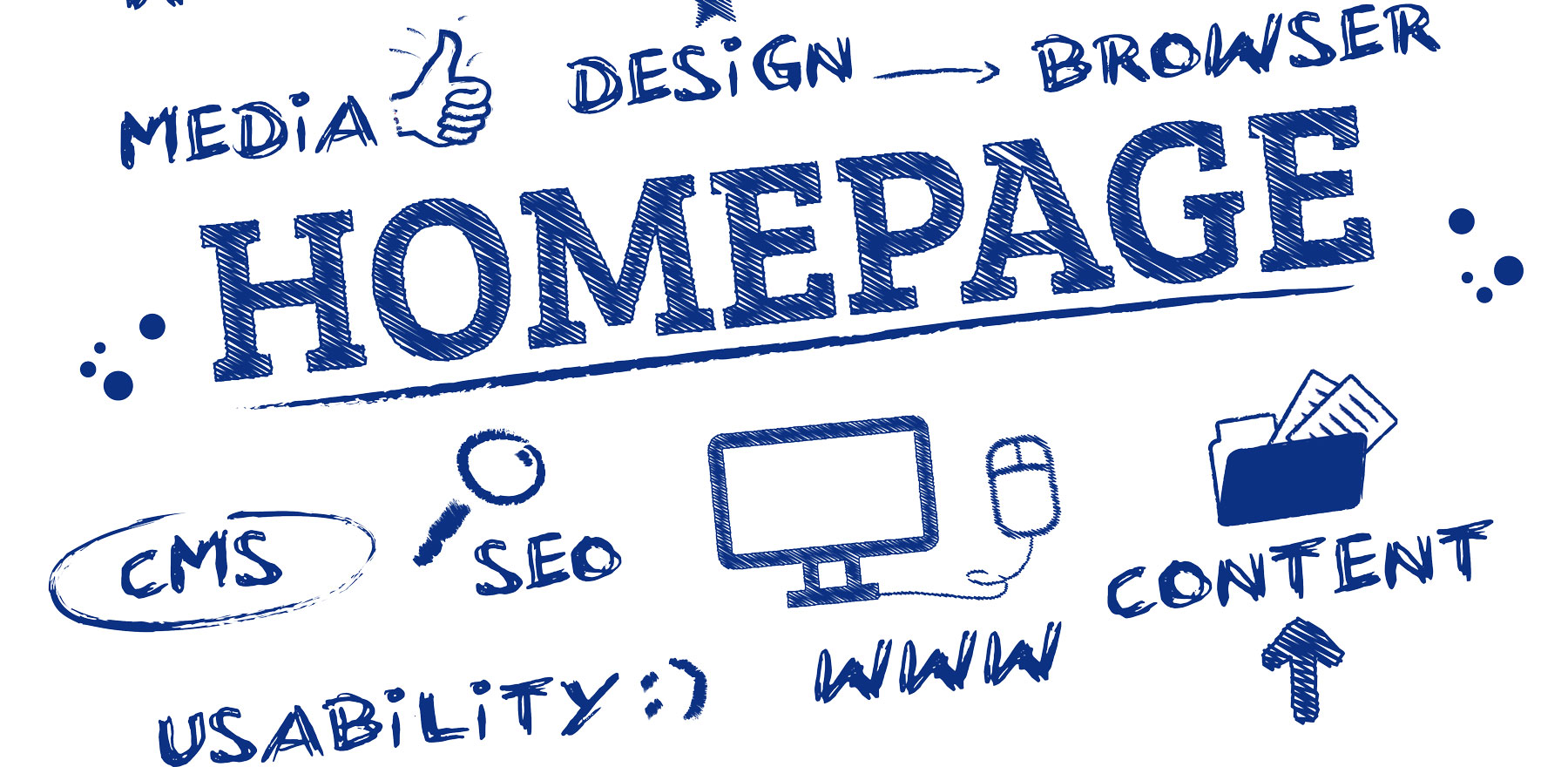

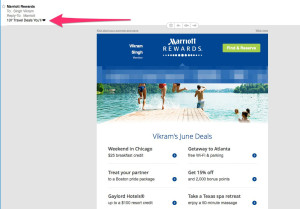
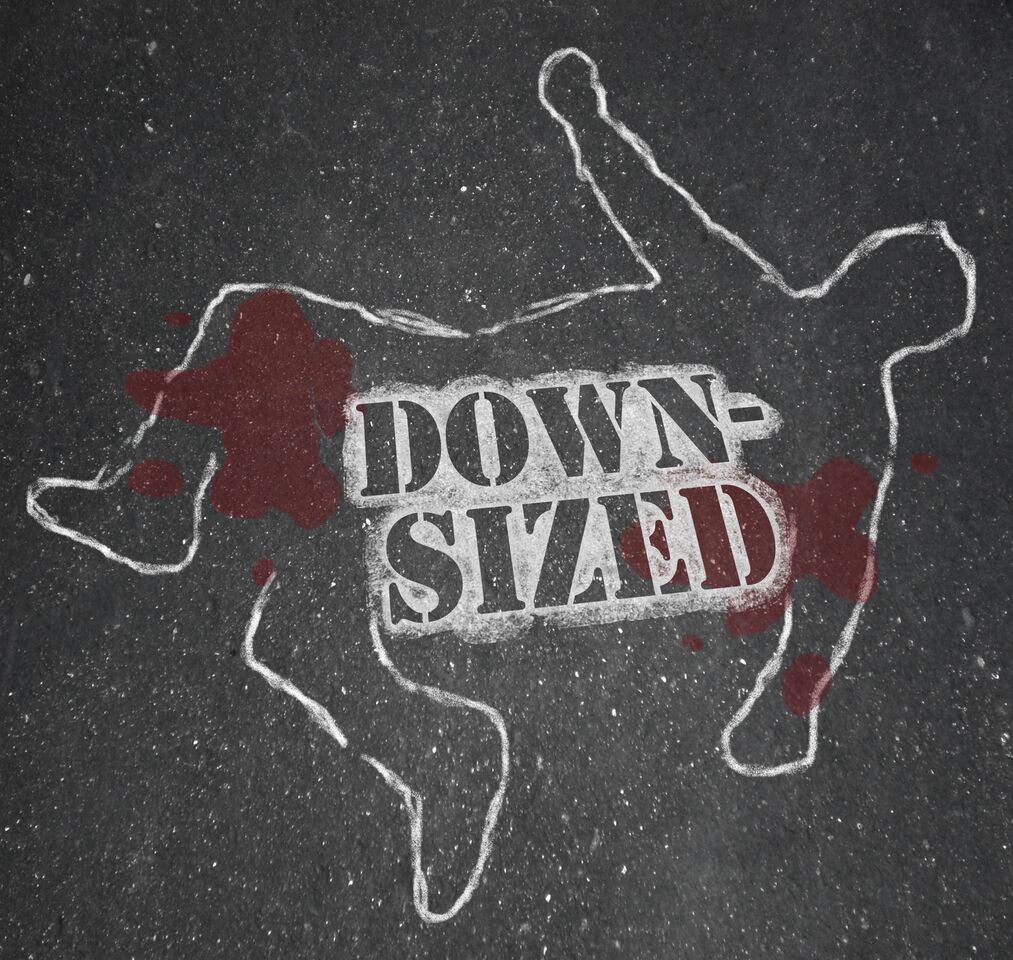
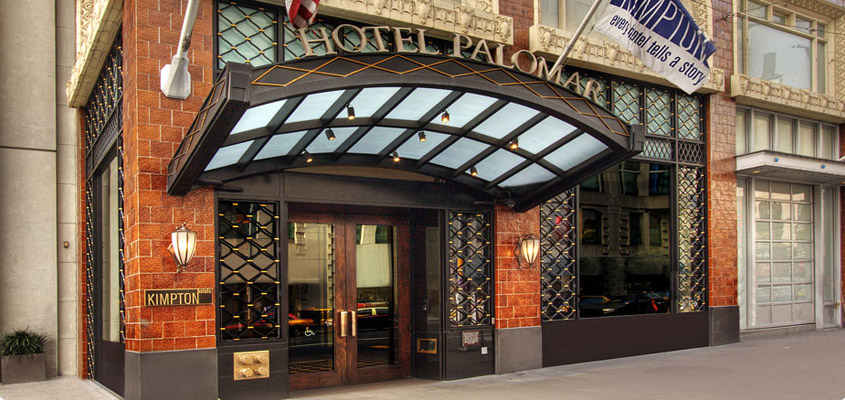
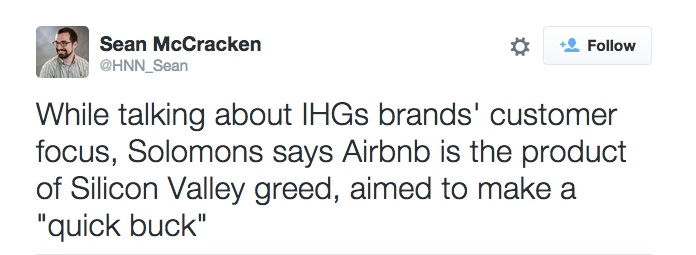
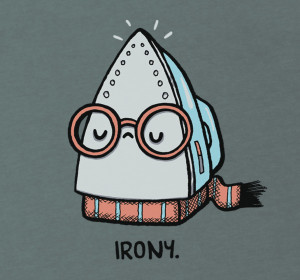 Interestingly, IHG is one of the brands I often refer to when speaking about
Interestingly, IHG is one of the brands I often refer to when speaking about 